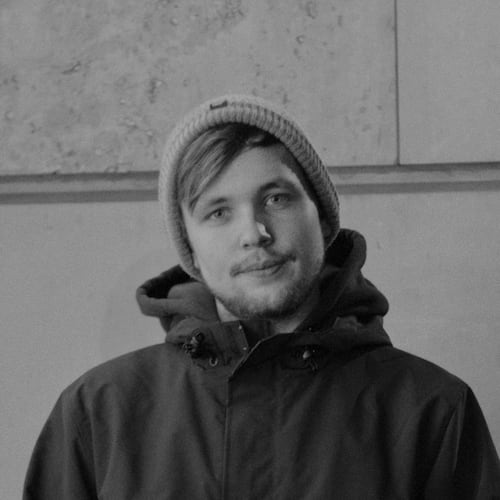How good our cognitive abilities are has a significant impact on how good we perceive our own life quality.1
Unfortunately some health conditions and their treatments can lead to a decline in these abilities. For example, imagine a teenager who has to spend a lot of time in the hospital due to a chronic illness and is unable to attend school regularly. Or a young adult who suffers from a heart disease and has to take regular medication which can affect their cognitive abilities.
To fight the potential decline in those abilities, it is important to train them regularly. However, the training should be fun and engaging to keep the motivation high. This is where CogniCity comes in: a game suite that provides interactive and adaptive minigames to help improve cognitive abilities in a fun and engaging way.




